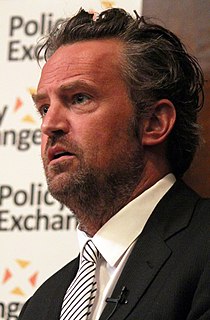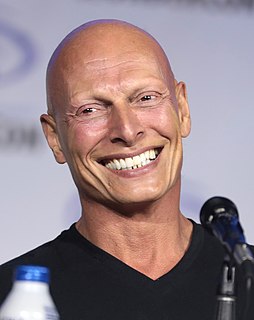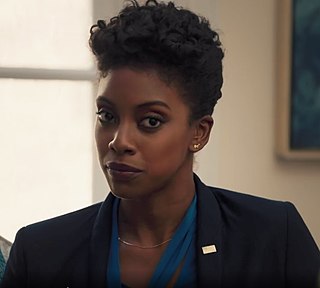A Quote by Jennifer Beals
Certainly from the rehearsal process with Elizabeth I think it was very clear. Well let me start again. We were initially supposed to be more combative.
Related Quotes
I was interesting in discovering more about [Elizabeth Taylor], and I always tried to focus more on the woman than the legend or the icon and everybody's own individual version of what that is. She was badass! Really strong. And eccentric and fiery and powerful and clear and blunt. Spoke like a sailor. She was extreme, but she had the ability to love again and again and again and still believe in it every time.
Adoption was something that was always under my skin, that I knew would be a part of my life, and, when I decided to start filing, it was very clear. It was like I knew that this was exactly what it needed to be. So then you go through the process, and it's tough. It's not the easiest process - and then again, I've never liked things too easy in life. But it emotionally knocks you out.
During the '60s, I think, people forgot what emotions were supposed to be. And I don't think they've ever remembered. I think that once you see emotions from a certain angle you can never think of them as real again. That's what more or less has happened to me. I don't really know if I was ever capable of love, but after the '60s I never thought in terms of 'love' again.
If I think back to every rehearsal process for every play I've ever worked on, there's just so much crying at home. I barely sleep. There are moments of deep despair and anxiety, and then there are moments in rehearsal that are the most exhilarating; feeling seen and seeing everybody. Feeling like you have a purpose on the planet. A huge part of the process I enjoy is watching the actors figuring out what they can handle and what they can take and what they need from the director and me.
My favorite part about working in theater is the rehearsal process. I absolutely love the rehearsal process. Working out the characters, figuring the character out, and the relationships between the different characters. I love all of that, which, unfortunately in film, you get very little opportunity to have.
I think that I've always written about things that are very personal, but initially, I coded everything. I buried everything under layers and layers and layers of code, but the signifiers of my emotionality were there for me. I knew where the magnets were, behind the gyprock, and the magnets were very powerful. I think they had to be powerful for me, otherwise the reader wouldn't have a reciprocal experience.
There were a few things that, in rehearsal, any one of us might try. [John] Hughes would go, "I like that," to me spitting up in the air and catching it in my mouth. It was just something I did in a rehearsal and Molly [ Ringwald] went, "Ewww." And John went, "Can you do that again?" And I went all day long, and he was like, "Okay, let's do that."
[Consider] a fence or gate erected across a road] The more modern type of reformer goes gaily up to it and says, "I don't see the use of this; let us clear it away." To which the more intelligent type of reformer will do well to answer: "If you don't see the use of it, I certainly won't let you clear it away. Go away and think. Then, when you can come back and tell me that you do see the use of it, I may allow you to destroy it."
I'm trying to open up my range and really sing more. With The Fugees initially, and even with 'Miseducation,' it was very hip-hop - always a singing over beats. I don't think people have really heard me sing out. So if I do record again, perhaps it will have an expanded context. Where people can hear a bit more.
The music industry used to be able to control a single dance on the very smallest level of when people are supposed to hear it, and when they're supposed to start liking it, and when they're supposed to start buying it. And that's trashed, you know, that big machine that takes control and works albums for a long period.
I think that initially all I wanted to do was work as an actress, and then, as I started to work more consistently, you start to maybe want to challenge yourself in different ways, so I think it's something that developed over time - this desire to direct and also to produce. I think as you watch other actresses do it so successfully and so gracefully, you're like, I think that would be fun! It's definitely something that has become more of a priority for me.
The directors were often really nice and I was well behaved, so I would just sit there in rehearsal. That allowed me to see the process - not just the result, the red carpet, all of the wonderful, fun things that happen afterwards - the nuts and bolts, the nitty-gritty, "Let's try to build this character from the page," tech rehearsals.


































